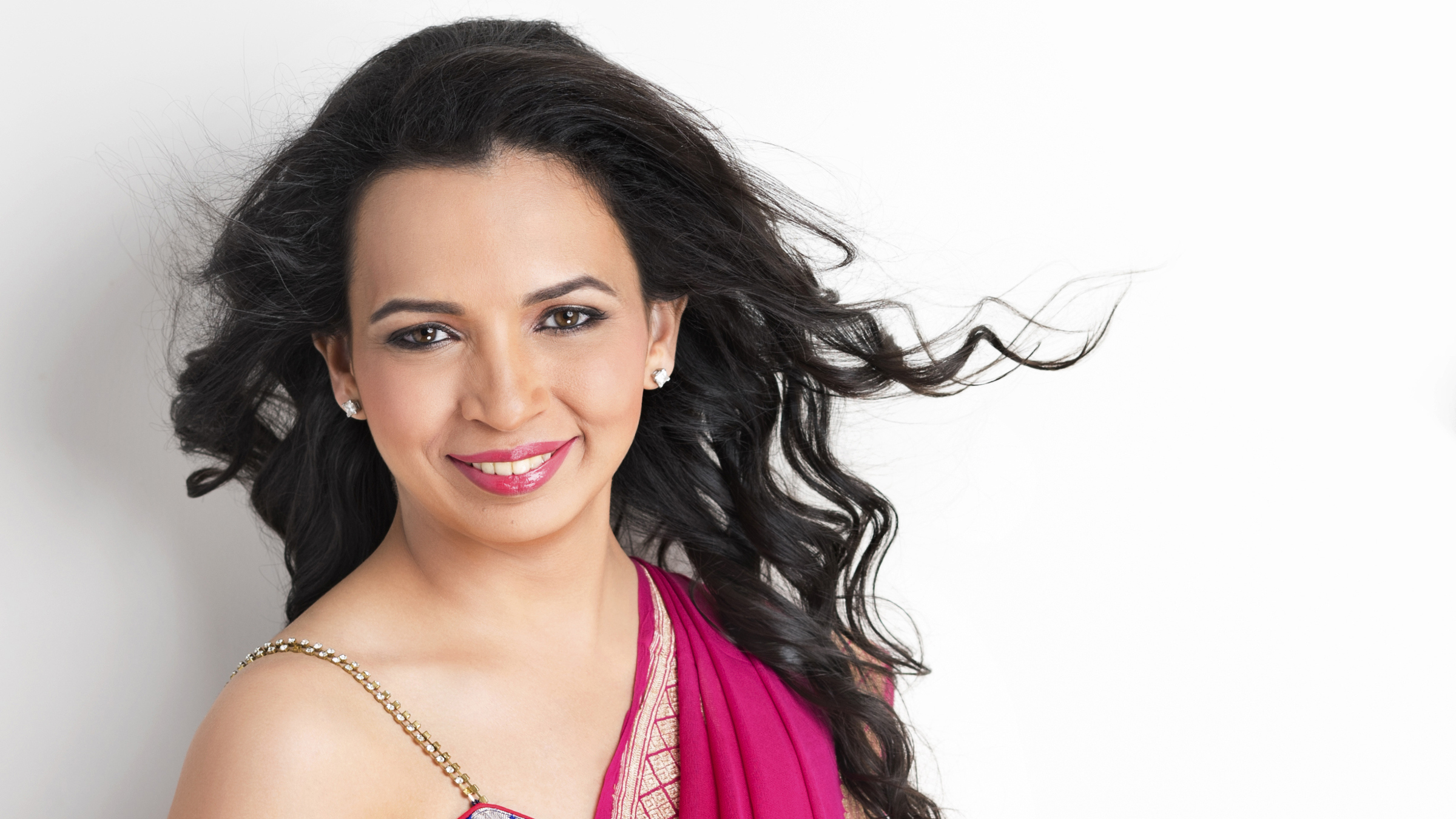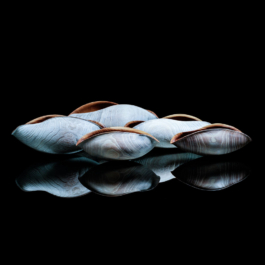She’s straight-talking, sensible and persuasive with a refreshing approach to living and wellness. Her philosophy is grounded in traditional Indian thought, and she’ll tell you exactly why and how it works – and, mind you, it works. She advises India’s elite on nutrition, yoga and Ayurveda, and she’s here to share her insights together with handy solutions for global living.
Meet Rujuta Diwekar who believes in the healing power of food, and who’ll turn even the Holy Grail of diets on its head.
Doing It Differently
In a world overflowing with revolutionary diet equations that promise better health, Diwekar’s food-focused ideas appeal because they’re balanced and commonsensical. “Every diet has a shelf life,” she says, “but eating sensibly is eternal and never goes out of style because it accommodates for season, region and reason to celebrate food in all its glory. Food should be seen as a blessing and not an equation of calories, carbs, fat and protein. It gives life and once this reality dawns, gratitude replaces guilt.”
“My philosophy is a reflection of offerings from ancient civilisations – in a sense, Indian; but if you look at what Australian aboriginals, Chinese traditional medicines and African tribes follow, or even old rituals in Jordan, it’s exactly the same sutra (thread) – of living a life of compassion and responsibility toward the planet.”
Indian vs Western Perspectives
Food-wise, Diwekar believes that a holistic approach is neither a choice nor an option, but a way of life that involves consuming seasonal produce, respecting diversity, and using local plants and herbs for therapeutic purposes – not just for human health, but also the health of the environment. According to her thinking, only when food is viewed as a whole, rather than in parts, will it become sustainable in the long term. This is a principle that many Western diets, leaning too heavily on the often contradictory outcomes of scientific studies, have yet to embrace – with devastating effects on certain ecosystems.
“India’s coastal populace eats fish because it blends beautifully with coconut and rice – the other local delicacies – not because fish is considered heart-healthy,” she illustrates. “The reason why the West is forced to find substitutes is that they view things from a single window.
“Consider fish oil and heart health: [the US] went ga-ga over the benefits, leading to human over-exploitation that has, in turn, threatened marine biodiversity. And now they’re saying: Fish oil is not good enough. Consume krill oil.”
On the issue of fitness, too, Diwekar is forthright when asked whether Western yoga trends like voga (vogueing and yoga), koga (kickboxing and yoga) or broga (upbeat yoga oriented towards men) represent a distortion of Indian culture. “No, I think it’s [a Western] understanding of Indian culture,” she says, but recognises that it is an exercise in capitalism. “Most times, they pick up a part of it – an asana (yoga pose) for instance, associate it with fitness, weight loss etc., label it exotically to appear as the next big wave, and market it. It’s a beautiful revenue model, but will it give you a peek into culture? I doubt that. That said it’s surely not a threat. It’s about what sells.”
Cheat Sheets For Modern Living
Ancient teachings are all very well and good, but how practical are they in today’s fast-paced, global life? “The principles of Yoga and Ayurveda are simple, timeless, tailor-made to age groups and real situations, universally applicable and easy to incorporate in daily life,” Diwekar says. “They’re a bit like Ikea furniture – if they seem complicated, you are assembling them the wrong way.”
For maximising well-being under time constraints, she recommends “waking up to fresh fruits and nuts instead of tea and coffee, planning ahead for the entire week’s 6pm meal, standing at least 3 minutes for every 30 minutes spent sitting, performing 3 rounds of surya namaskars (sun salutations) on most days and rubbing ghee (clarified butter) onto the soles of feet at bedtime for restful sleep and healthy metabolism.”
Even when travelling, it’s possible to keep wellness in mind while on the road. Diwekar suggests to “visit local markets and buy the most local fruit there, eat the chef’s special at the farmers market, plan what to see and also what to eat and where, leveraging technology and apps to determine nearby restaurants with customer ratings. When eating in large groups, listen to reviews by people with similar ‘wave lengths’ before trying them out, and, finally, if you do indulge, don’t fret; move on. Know that you are on a learning curve.”
And, when it comes to parting words of Indian wisdom to the world at large, she’s philosophical: “Human existence is a blessing, and so is the food on the table.”
Visit rujutadiwekar.com
See her books on amazon.com
Article by Guest Editor Purnima Shrinivas
Head shot photo credit: Dabboo Ratnani











Sorry, the comment form is closed at this time.